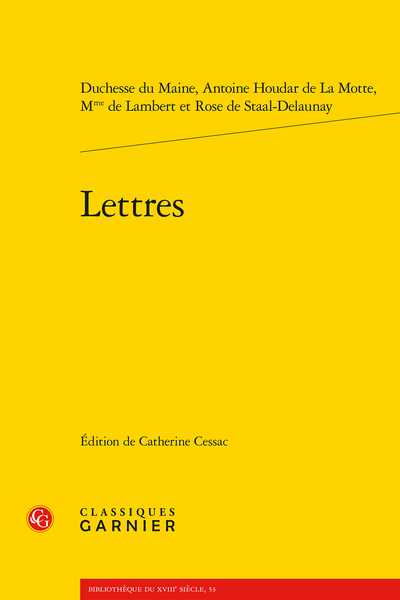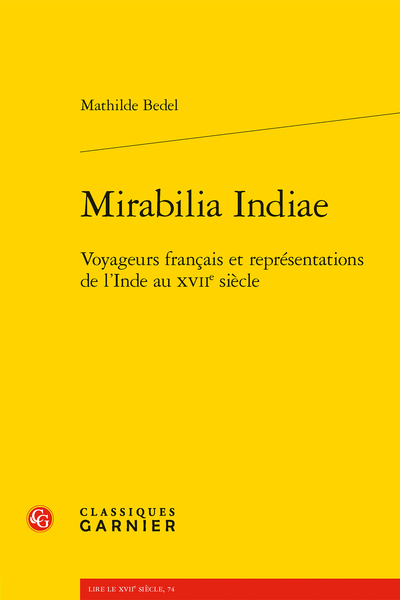Site web: cfregisters.org
Contact: info@cfregisters.org
[version française ci-dessous]

The Comédie-Française Registers Project (CFRP) is an international digital humanities research initiative that aims to develop a data-driven approach for the historical study and (re)examination of French theater history (17th-19th centuries). Founded in 2008, the CFRP is a transatlantic collaboration between the Comédie-Française and universities in France (Paris-Nanterre, Paris-Sorbonne, & Rouen), the USA (MIT, Harvard, & NYU), and Canada (U. of Victoria).
The CFRP is dedicated to the manuscript registers that have been regularly produced and maintained by France’s first national theatre company since its founding in 1680. This singular archive of historical data is unique for the period both for the variety and detail of information that it contains and for the comprehensivity of its coverage (1680-today). The registers of the Comédie-Française provide a rich and understudied body of primary sources concerning the troupe’s everyday operations (such as revenue, expenses, programming, and administrative management), as well as providing us with more general insight into the theatrical landscape of the period.
The CFRP situates itself in terms of recent work and projects at the intersection of theatre history and the digital humanities. In doing so, the initiative aims to offer an historical exploration of early modern theater that is given new life and scope by digital methods while remaining grounded in critical humanistic and performance-oriented inquiry.
The CFRP brings together scholarly research, creative practice, and participative pedagogy. Our new website reflects this multidimensional approach and presents an array of tools and resources, including:
-
access to the digitized registers, and links to a complementary corpus of theater criticism in the periodical press of the period;
-
data manipulation and visualization tools, each of which centers on a different facet of the registers (programming, casting, etc.), as well as full access to the CFRP databases;
-
online scholarly publications, creative productions, pedagogical resources, and news about upcoming workshops and events;
-
a CFRP encyclopedia of theater history terminology.
Follow us on Twitter: @rcf_cfrp
Follow us on Instagram: programme_rcf
Facebook: Programme des Registres de la Comédie-Française
*

Le programme des Registres de la Comédie-Française (RCF) est un programme de recherche internationale en humanités numériques qui invite à (re)considérer l’histoire du théâtre français (XVIIe-XIXe siècles) par la voie des données. Fondé en 2008, RCF est le fruit d'une collaboration entre la Comédie-Française et les universités du MIT, de NYU, de Harvard, de Paris-Nanterre, de Rouen, de la Sorbonne et de Victoria (Canada).
Les registres manuscrits tenus par la troupe de la Comédie-Française depuis sa fondation en 1680 forment le cœur du programme RCF. Ils constituent une archive singulière dont la spécificité repose autant sur la systématicité et la diversité des informations qu’ils contiennent que sur la richesse de leur longue durée (de 1680 à nos jours). Dédiés à l'activité administrative de l’institution parisienne – recettes, dépenses, programmation, gestion –, ces registres témoignent plus largement de la vie théâtrale de la première modernité au XIXe siècle.
S’inscrivant dans le courant actuellement vivace de travaux et de projets à la croisée des humanités numériques et de l’histoire du théâtre, le programme RCF vise à renouveler l’historiographie du théâtre par une approche numérique soucieuse de demeurer au plus près d’une lecture humaniste sensible, critique et performative.
Le programme RCF met en lien recherche, création et pédagogie participative, comme le reflètent les diverses ressources et les différents outils de travail proposés sur le site :
-
registres numérisés et liens vers un corpus complémentaire de presse périodique ;
-
outils de recherche et de visualisation centrés sur les différentes catégories de données (programmation, distribution, etc.) et accès direct aux bases de données du programme RCF ;
-
publications numériques, réalisations pédagogiques, actualités culturelles et artistiques ;
-
encyclopédie des termes associés aux registres de la Comédie-Française.
Nous retrouver sur Twitter : @rcf_cfrp
Nous retrouver sur Instagram : programme_rcf
Facebook : Programme des Registres de la Comédie-Française
*





 Duchesse du Maine, Antoine Houdar de La Motte, Mme de Lambert, Rose de Staal-Delaunay, Lettres, éd. Catherine Cessac, Paris, Classiques Garnier, 2021.
Duchesse du Maine, Antoine Houdar de La Motte, Mme de Lambert, Rose de Staal-Delaunay, Lettres, éd. Catherine Cessac, Paris, Classiques Garnier, 2021. Mathilde Bedel, Mirabilia Indiae. Voyageurs français et représentations de l’Inde au xviie siècle, Paris, Classiques Garnier, 2021.
Mathilde Bedel, Mirabilia Indiae. Voyageurs français et représentations de l’Inde au xviie siècle, Paris, Classiques Garnier, 2021.